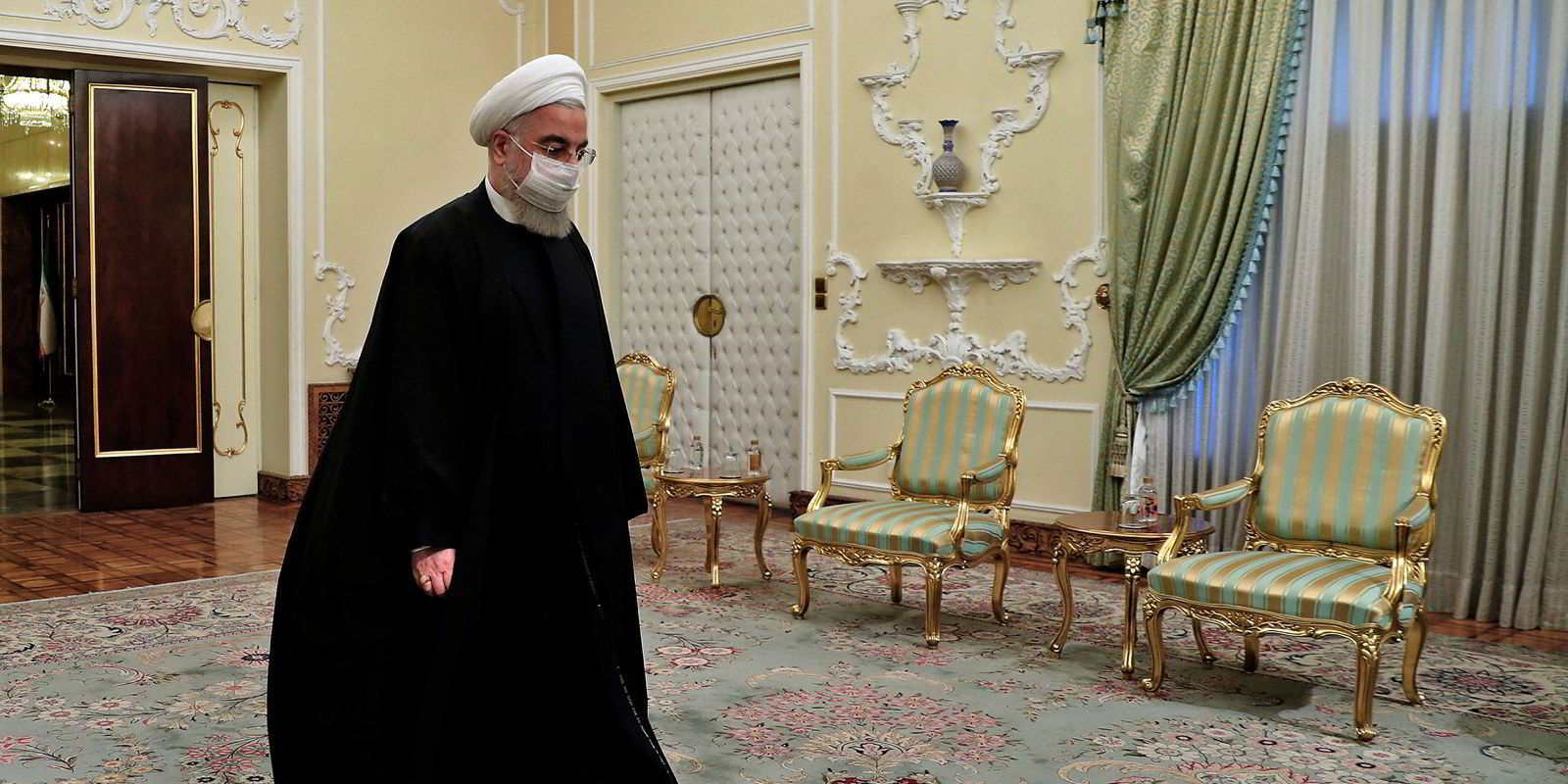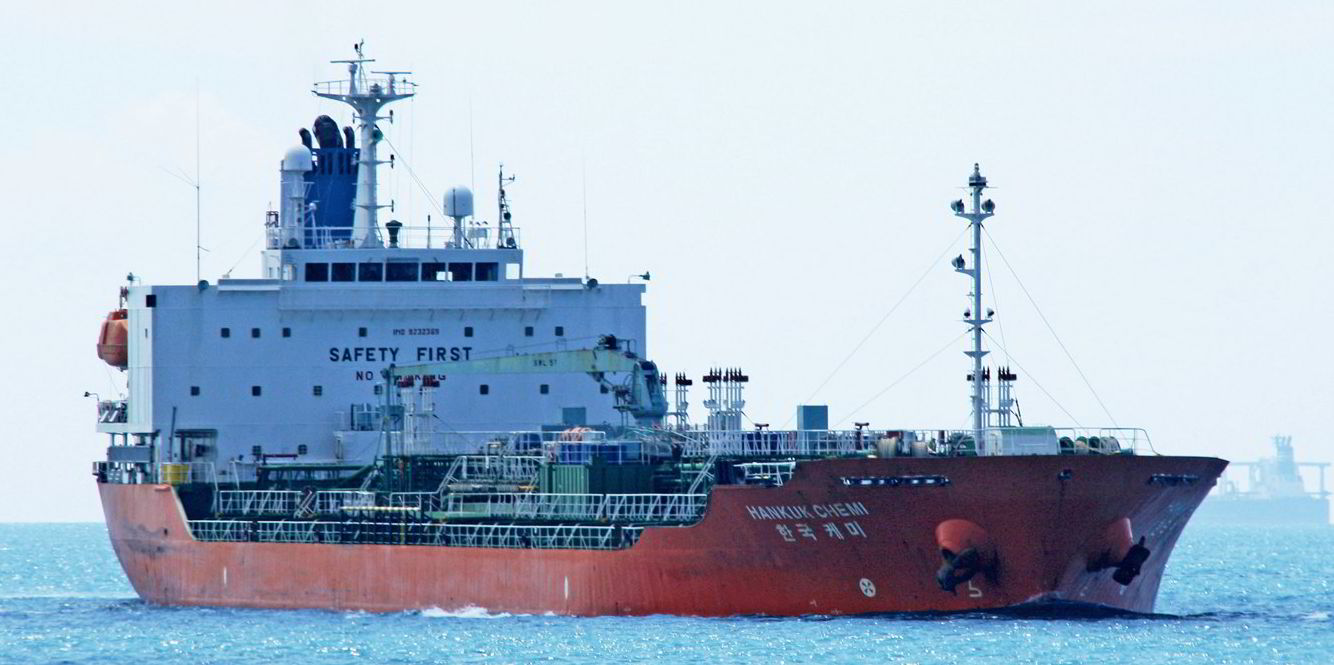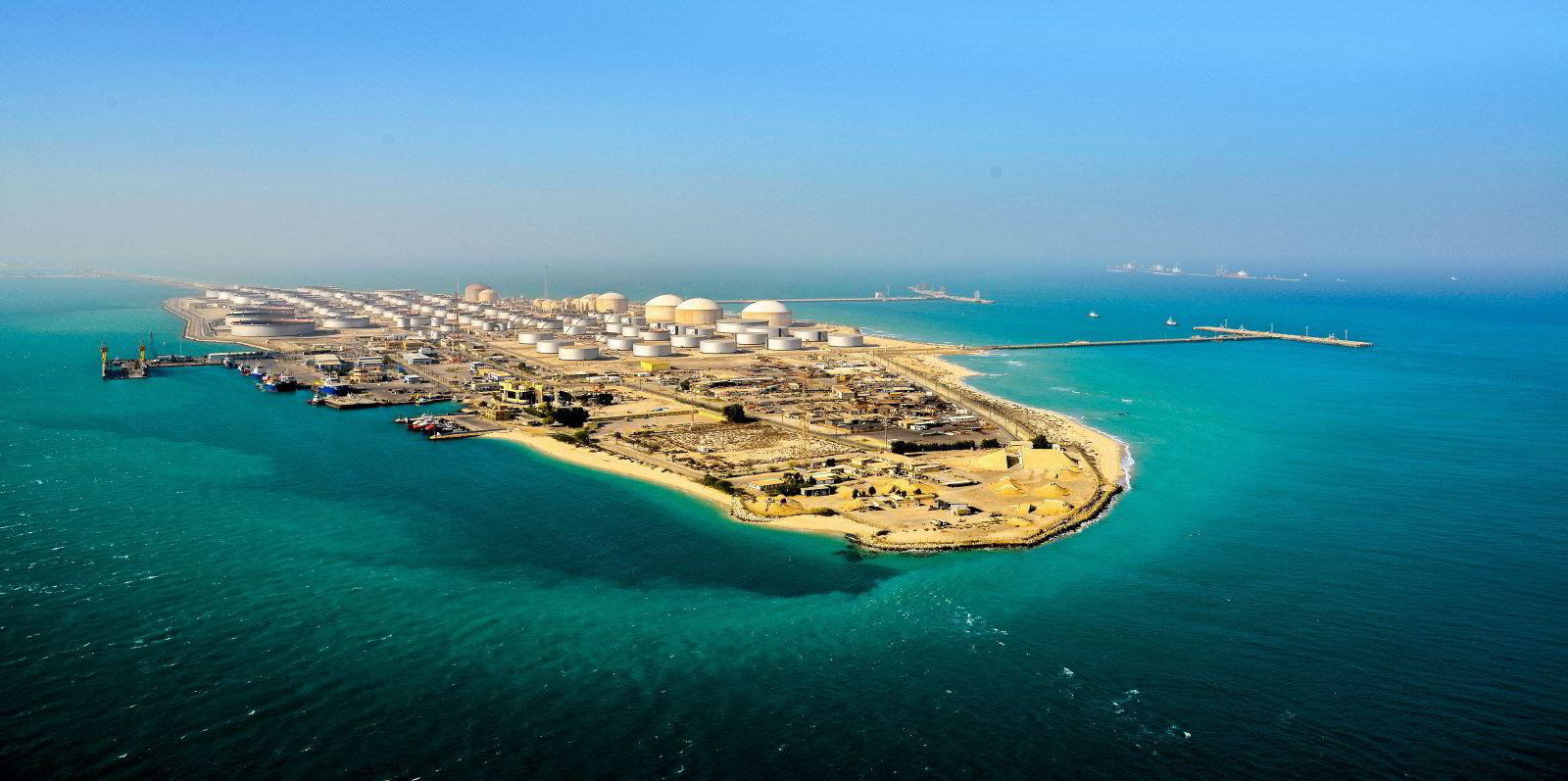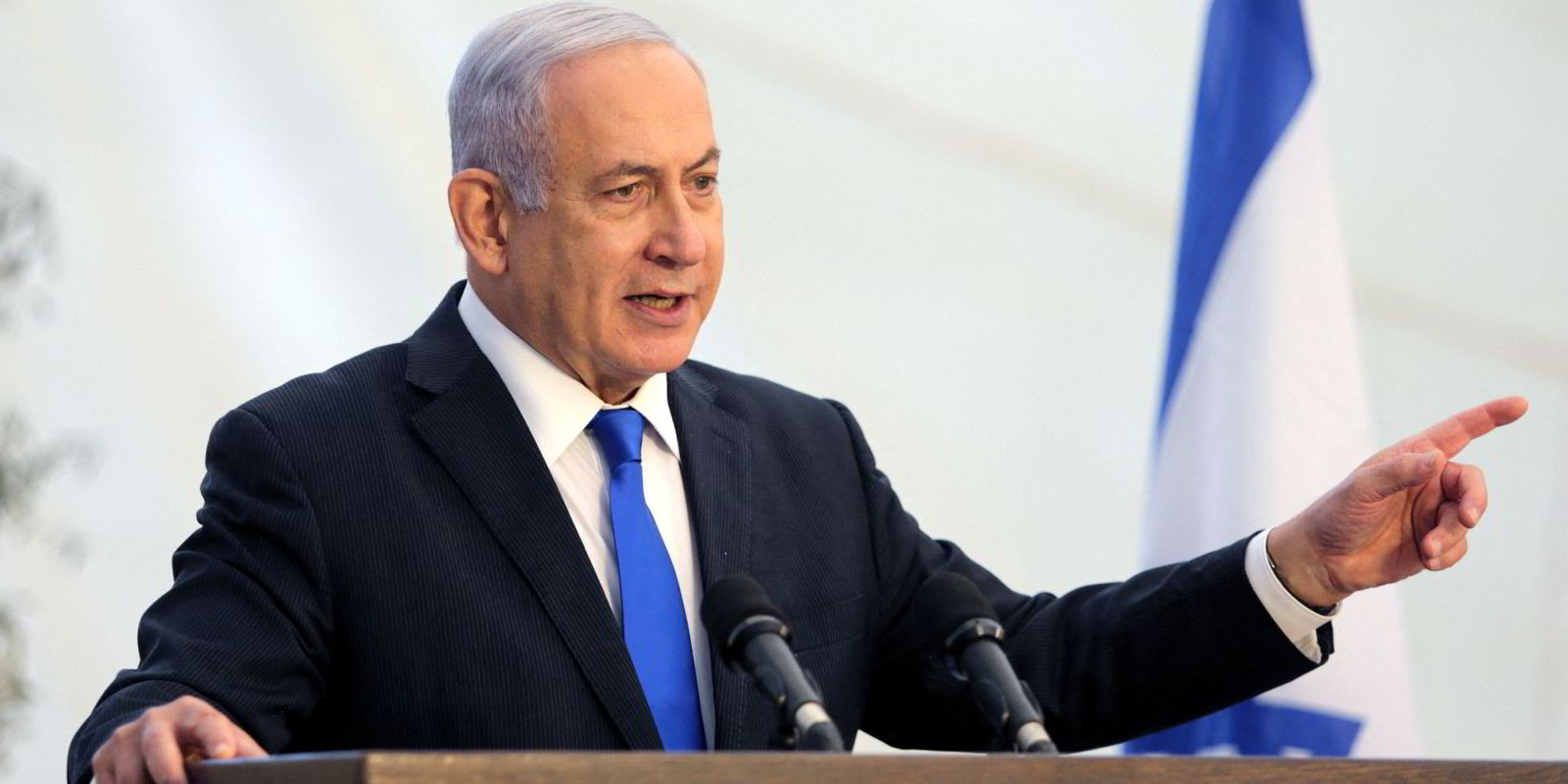Iran has hiked oil exports to China since Joe Biden won the US presidential election in late 2020, according to various data sources.
The increased volume comes as the new US leader is expected to take a more dovish approach towards Tehran.
The development, which bodes well for shipowners involved in sanctioned trades, suggests Iran is preparing a swift return to the international market despite tough US sanctions still in place.
Kpler data shows 10 VLCCs, two suezmaxes, four aframaxes, one panamax and two smaller tankers are due to discharge 23.9m barrels of Iranian crude and fuel oil in China this month.
This is equivalent to 831,000 barrels per day (bpd), the highest since April 2019.
Those shipments to the world’s largest seaborne oil importer were “perhaps emboldened by the forecasts of a Biden US presidential victory in November and subsequent inauguration in January 2021”, the cargo intelligence provider said in a note.
Equasis and VesselsValue data reveals the ships are generally owned by either anonymous or small, little known companies in India, Greece, Liberia, Malaysia, Singapore, China, Hong Kong, the Marshall Islands and the United Arab Emirates.
Kpler said six of the vessels received Iranian barrels via ship-to-ship transfers in the Middle East Gulf, while 13 did so in South East Asian waters.
“Imports from Iran are not all plain sailing,” the group said. “Sanctions are a real threat to those involved in the movements, so the familiar pattern of exports to China via a series of STS transfers continues.”
Other data specialists suggest a similar trend.
All-time high sales
Refinitiv figures showed Iran’s crude exports to China reached record levels in the first two months of this year, with the volume exceeding 3m tonnes in February, according to Reuters.
United Against Nuclear Iran estimated total Iranian oil and gas exports at 1.42m bpd in February and 1.58m bpd in January, with China being the top buyer of those barrels. These compared with 953,000 bpd in December.
The pressure group told TradeWinds that three Iranian-owned and 11 foreign-owned vessels loaded Iranian cargoes in February.
Safety issues
Although it is part of Opec+, Iran is exempted from the group’s recent production cut due to US sanctions.
But many clandestine companies have amassed large tonnage in recent quarters to transport sanctioned cargoes via covert operations such as STS transfers, identity spoofing and flag hopping, among others.
This means Iran is well positioned to grab market share as China has openly opposed US sanctions and vowed to continue trading with the country.
Meanwhile, other Middle East producers have kept their exports low, plaguing tanker rates in the non-sanctioned market.
Industry sources said the owners in sanctioned trades would earn top dollars but their vessels may struggle to keep insurance coverage and class certificates.
“I believe this is an environmental disaster waiting to happen,” Frontline Management interim chief executive Lars Barstad said.
“These vessels have no owner, no regulatory oversight and no incentive to do anything according to standard maritime practices. The fact that no international body seem to address this is a bit scary.”
Time-consuming talks
Biden has promised to revive the Iranian nuclear deal hammered out under the Obama administration, where he served as vice president, in 2015.
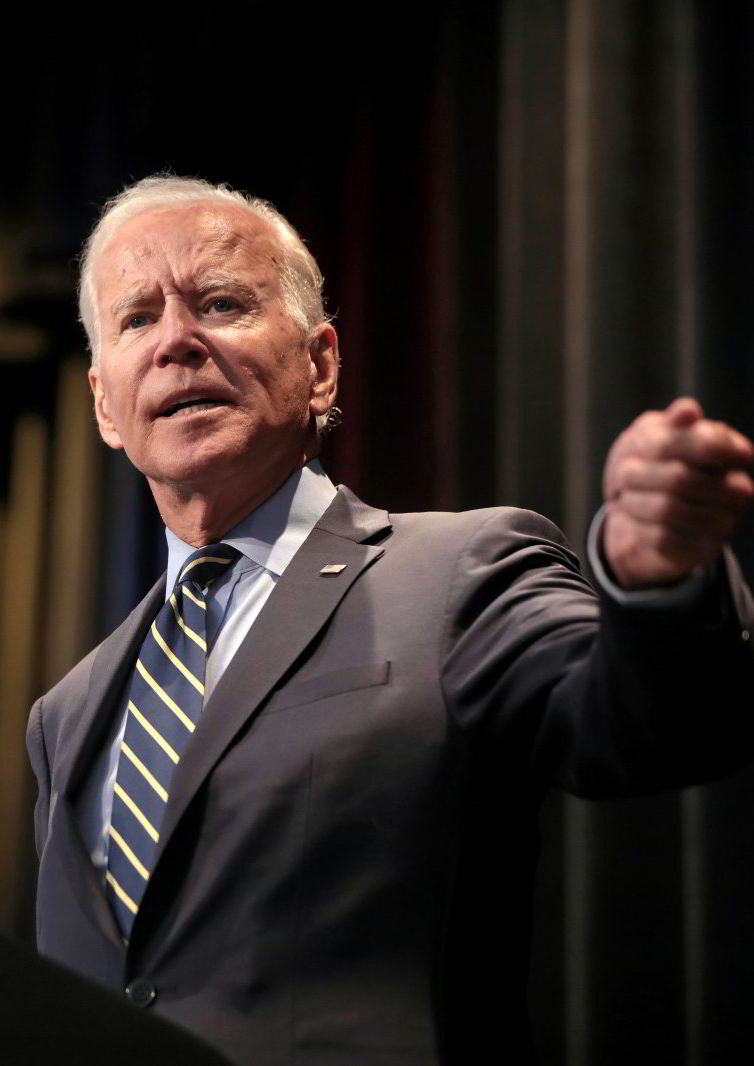
The Joint Comprehensive Plan of Action had lifted secondary US sanctions on Iran and imposed limits on Iranian nuclear programmes.
But former President Donald Trump unilaterally withdrew the US from the international accord in 2018, citing its flaws in preventing Iran from developing nuclear weapons.
Observers expect the new administration to take it slow in bringing the deal back to life as Biden needs to deal with the Covid-19 pandemic on the home front.
Iran has said it would comply with the deal if the US lifts sanctions, but US officials are unwilling to provide sanctions relief before both sides return to the negotiation table.
On Wednesday, the Biden administration imposed its first new sanctions on Iran by targeting two rank-and-file officers for alleged torture of prisoners.
When asked about rising tanker shipments from Iran, the US Department of State said it monitors the activities of global oil markets globally.
“We are aware of the mentioned reports but will not speculate on the nature of the activity,” a spokesman told TradeWinds.
